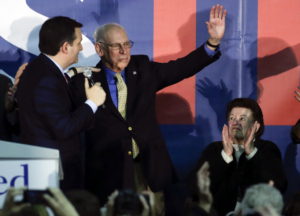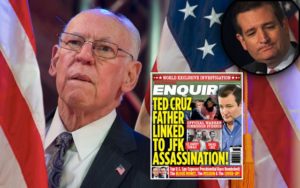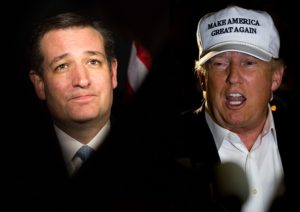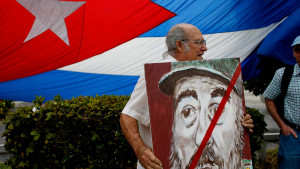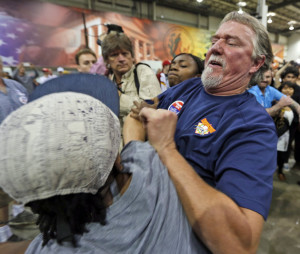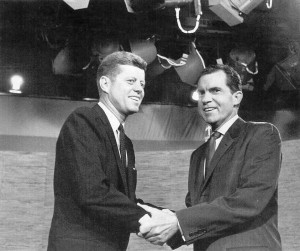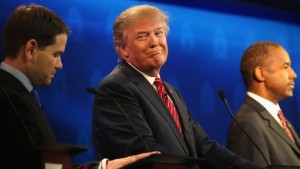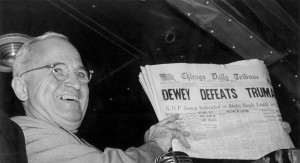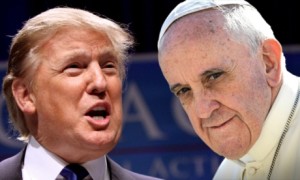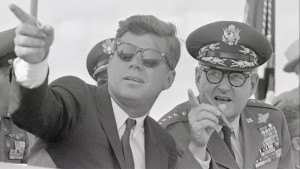Donald J. Trump has done many seemingly “impossible” things while getting to the brink of the Republican Party’s presidential nomination.
Heck, just getting to this stage of the campaign — as the presumptive nominee of a once-great political party — ought to stand as the premier impossible accomplishment.
It isn’t, though. Instead, Trump managed to make Sen. Ted Cruz a sympathetic figure.
How did he do that? By tossing out the innuendo that Cruz’s father had some kind of relationship with Lee Harvey Oswald, the man who shot President Kennedy to death in 1963.
Cruz’s campaign for the presidency is now over. But the utterly hideous assertion about the senior Cruz’s supposed “role” in the JFK murder lives on.
http://dallasmorningviewsblog.dallasnews.com/
Dallas Morning News blogger Jim Mitchell calls it a “new low” in a campaign full of new lows.
Trump used a National Enquirer story into a talking point on his campaign. That’s correct. A supermarket tabloid offered grist for Trump to assert something about a member of an opponent’s family.
As Mitchell writes: “What Trump did is what makes him such a loose cannon. He reads or hears something and then repeats it as the truth. Imagine President Trump making policy on hearsay, or an outright lie, or a plotline he picked up from a television show the night before. I can imagine waking up and having a President Trump explaining why he ordered a nuclear strike with this rationale.”
In truth, I cannot even imagine the words “President” and “Trump” next to each other in a written or spoken sentence.
The Cruz/Oswald innuendo is likely to stand out in the endless list of ghastly assertions Trump has made on his way to becoming the Republican Party nominee for president of the United States.
Unbelievable.
